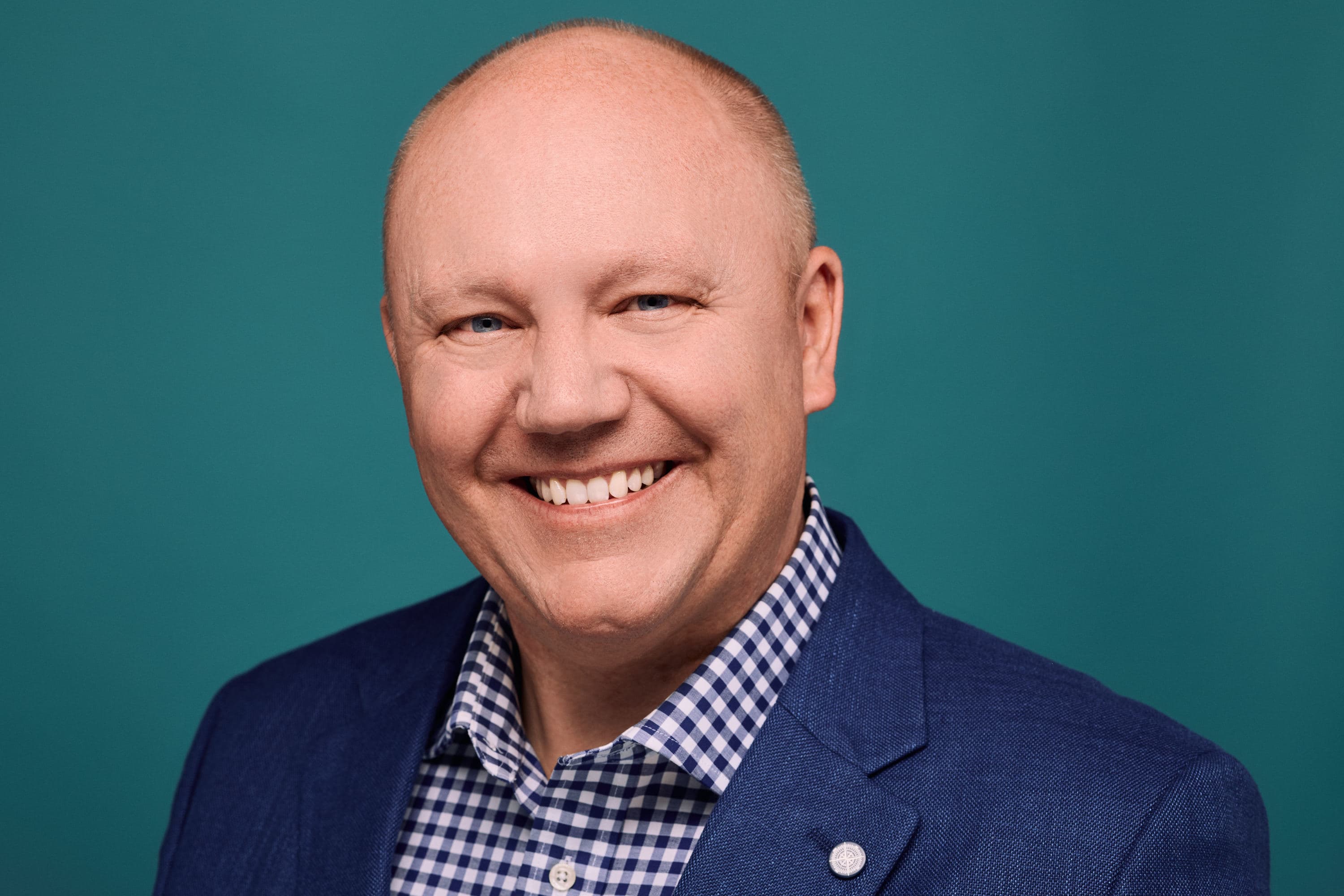
Choosing civility in divided times
Utah Governor Spencer Cox recently offered words of truth that cut through the noise of our divided nation:
“We can return violence with violence. We can return hate with hate. And that’s the problem with political violence, it metastasizes, because we can always point the finger at the other side. At some point, we have to find an off-ramp, or it’s going to get much, much worse.”
He’s right. Responding to violence and hate with more of the same only compounds the problem. If we’re not vigilant, our already fragile civility will erode further.
The consequences of this cycle are clear. Political rhetoric is toxic, disagreements are painted as existential threats, and many Americans view political opponents as enemies. Social media amplifies anger, rewarding extremes and drowning out thoughtful debate.
This isn’t just unhealthy; it’s dangerous. Democracy doesn’t die in a single dramatic moment. It erodes bit by bit, when people stop listening, stop engaging, and start assuming the worst of one another. Political violence is the most visible and alarming symptom, but the disease runs deeper.
When civility collapses, trust collapses. And when trust collapses, progress grinds to a halt.
Free speech is at the core of our system, but it cannot function without a corresponding commitment to respect and responsibility. The First Amendment protects the right to speak, but democracy depends on our willingness to listen. It requires us to accept that disagreement is not treason, that compromise is not weakness, and that shouting down opponents is not the same as solving problems.
That is why Governor Cox’s message matters. He modeled dignity and composure in a moment when it would have been easy to stoke outrage. He chose to remind his citizens (and the rest of us) that the only sustainable path forward is dialogue and restraint. We desperately need more leaders and more everyday citizens willing to do the same.
Next year offers us a unique chance to reset. As a nation, we’ll celebrate America 250, the 250th anniversary of our independence. Here in Colorado, we’ll also mark Colorado 150, the sesquicentennial of our statehood. These milestones aren’t just historical markers; they are opportunities for reflection and renewal.
What kind of country do we want to be at 250 years? What kind of state do we want to hand off at 150? If the answer is a more fractured, bitter, and distrustful society, then we can keep heading down the current path. But if we want a healthier democracy, stronger communities, and a brighter future, then we must take the off-ramp that Governor Cox described.
That means each of us must make a conscious commitment: reject the temptation to dehumanize those we disagree with. Speak out clearly against violence and intimidation, regardless of the source. Practice civic dialogue by entering conversations to listen, understand, and seek solutions—not just to score points. Reach out to someone with a different perspective, initiate a respectful discussion, and model the change we want to see. The prospect of a healthier community starts with a choice—yours, mine, and ours together.
Collaboration across differences strengthens our community. Business leaders, nonprofits, and government agencies come together not because they agree on everything, but because they recognize that cooperation is the only way to solve real problems. If we can do it here in our valley, surely, we can do it as a state and as a nation.
Governor Cox’s warning is not abstract. The metastasis is already happening. But it is not inevitable. The same way hate spreads, so too can dignity. The same way violence escalates, so too can civility. The choice is ours, and the time to choose is now.
Chris Romer is president & CEO of Vail Valley Partnership, 3-time national chamber of the year. Learn more at VailValleyPartnership.com
Images

Images
Additional Info
Organization Name : Vail Valley Partnership
